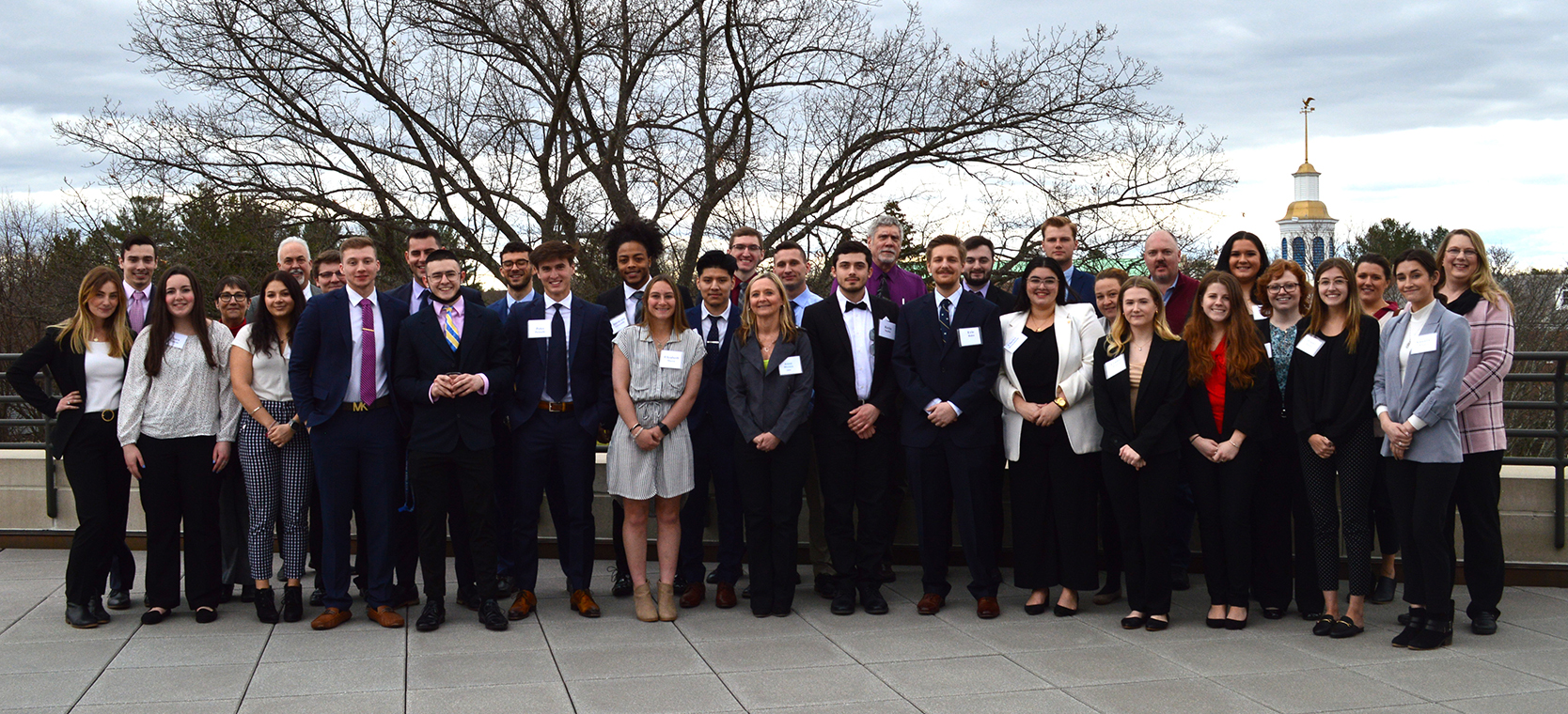When people are forced to seek shelter after a house or apartment fire in Denver, CO, Maggie Babyak ’01 is there to help. The organization she co-founded, Our Front Porch, works with families and individuals who have been left homeless after a disaster.
Maggie, who earned her BSW from WNE and her MSW from Columbia University, has been helping displaced people for years, volunteering to help victims of Hurricane Katrina in 2005 and Hurricane Sandy in 2012. She has also volunteered for Habitat for Humanity and Builders Beyond Borders. Since graduating from Columbia, she had been working with the homeless and mentally ill as a clinical social worker in Fairfield, CT. But when she relocated to Denver in 2013, she put her disaster recovery experience to use by providing housing assistance and therapeutic services for those have lost their homes due to fire or another calamity.
“Statistics show that there is one home fire a day in the Denver Metro area,” says Maggie. “We help victims find new housing in the community while providing emotional support.” What makes Our Front Porch unique is that it provides and innovative solution to the lack of long-term disaster recovery for families. While many services exist for clients during the crisis phase of a disaster—help that lasts only a few weeks to a month—Maggie noticed that victims are left to rebuild their lives with little or no assistance.
“Often families are left homeless, living with friends or families or renting new housing that is outside their budget,” says Maggie. “We noticed that the biggest service gap was no in long-term disaster recovery was housing or support to help these families. We wanted to change that system.”
Babyak’s goal is to build a home where these families can stay together in a safe environment before they find more permanent housing. “The home will be community-oriented housing, inspired by a cohousing model, providing individual living spaces in a shared environment,” says Maggie. “We are currently fundraising for this, and we are shopping for land to purchase in the Denver area.” Ultimately, she would like this model spread nationally: 50 states, 50 front porches.
In the last 18 months, Our Front Porch has worked with 150 clients in the Denver metropolitan area. The organization has also developed a partnership with local universities to provide social work internships.
In her work, one of the most significant—and overlooked—client needs is new underwear. “It is not commonly donated and not something for which most people feel comfortable asking,” she says. “We now offer new underwear, bras and panties to all our clients at our first meeting and it is always met with relief and appreciation that they did not have to ask first. Folks who have just lost everything do not need to lose their dignity as well.”
When Hurricanes Harvey, Irma, and Maria hit, Our Front Porch tapped into the Denver community and launched campaign to raise money and collect new underwear specifically for hurricane survivors. “We then connected with local agencies in Houston, Marathon, FL, and Puerto Rico, to which we shipped boxes of new underwear for distribution,” she says. “It’s a small item that has a large impact. The underwear campaign was a great opportunity for us to educate people not only on the needs of disaster survivors but also on what long term recovery really looks like. It’s a marathon, not a sprint, and help is needed long after the news cameras have left and the power has been restored.”
Maggie says the idea of dedicating her life to helping others was confirmed by her experience at Western New England University. While all of her professors were outstanding, she has special memories for Chair and Professor of Social Work Jeff Schrenzel. “He created a learning environment that was non-judgmental and engaged students to move outside their comfort zone,” she says. Maggie credits WNE with providing a strong foundation to enhance her professional values, knowledge, and skill set. “This robust education experience with hands-on learning provided me with a holistic view of the profession of social work,” she says.





